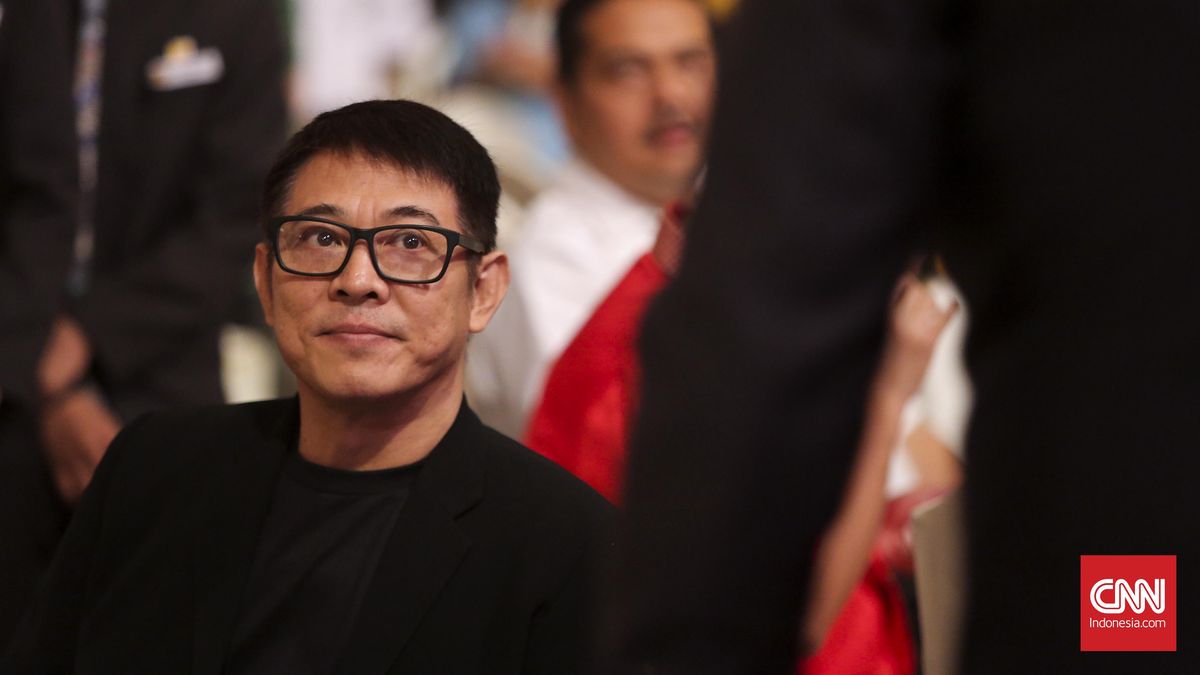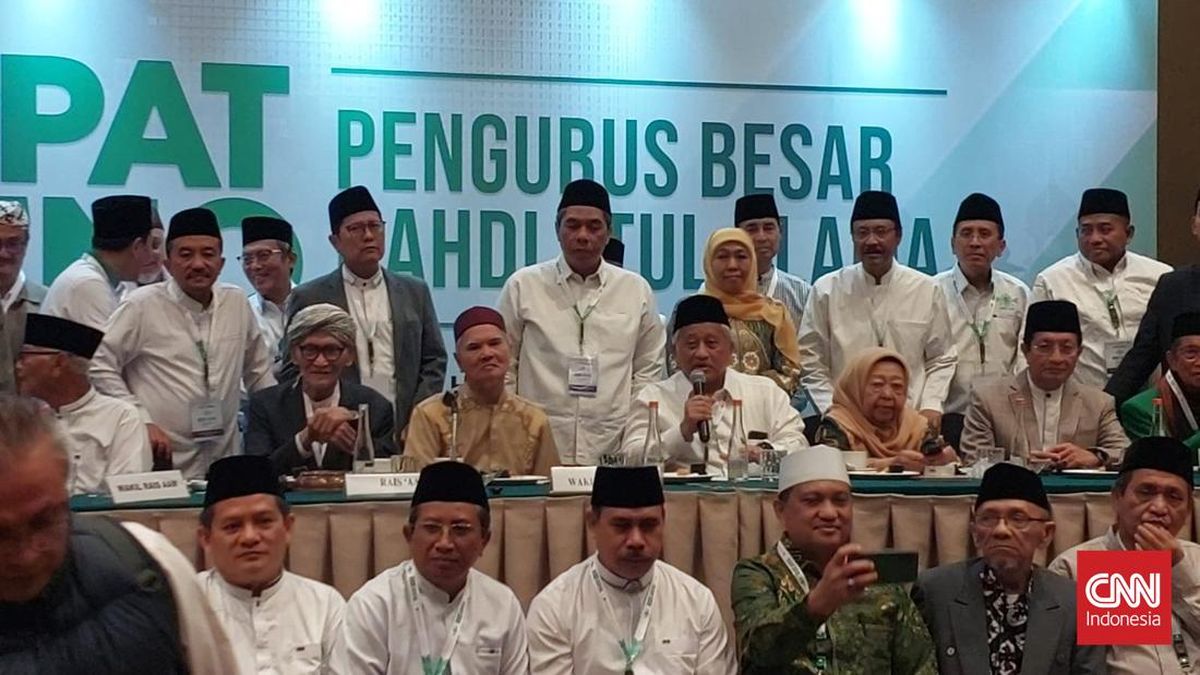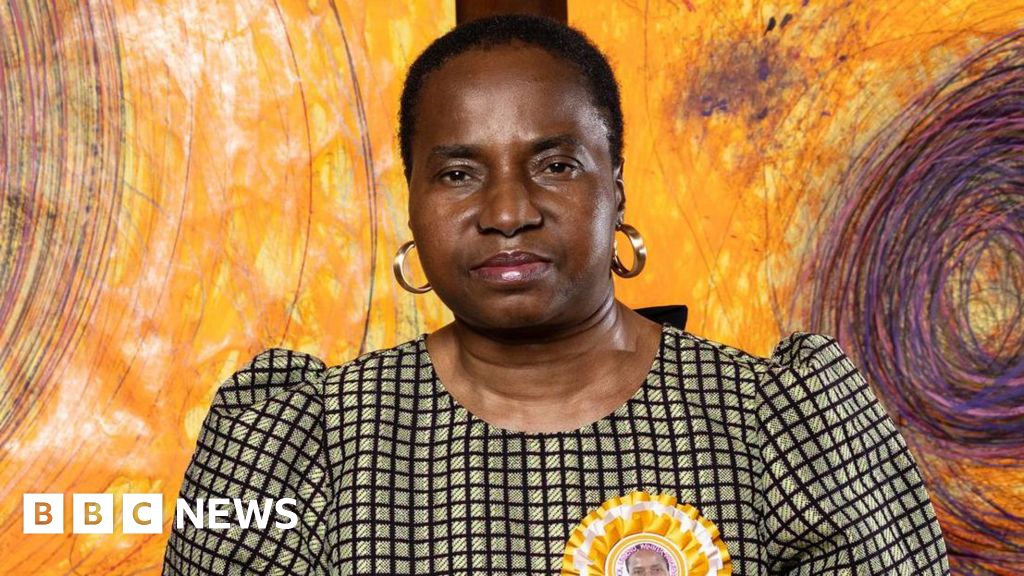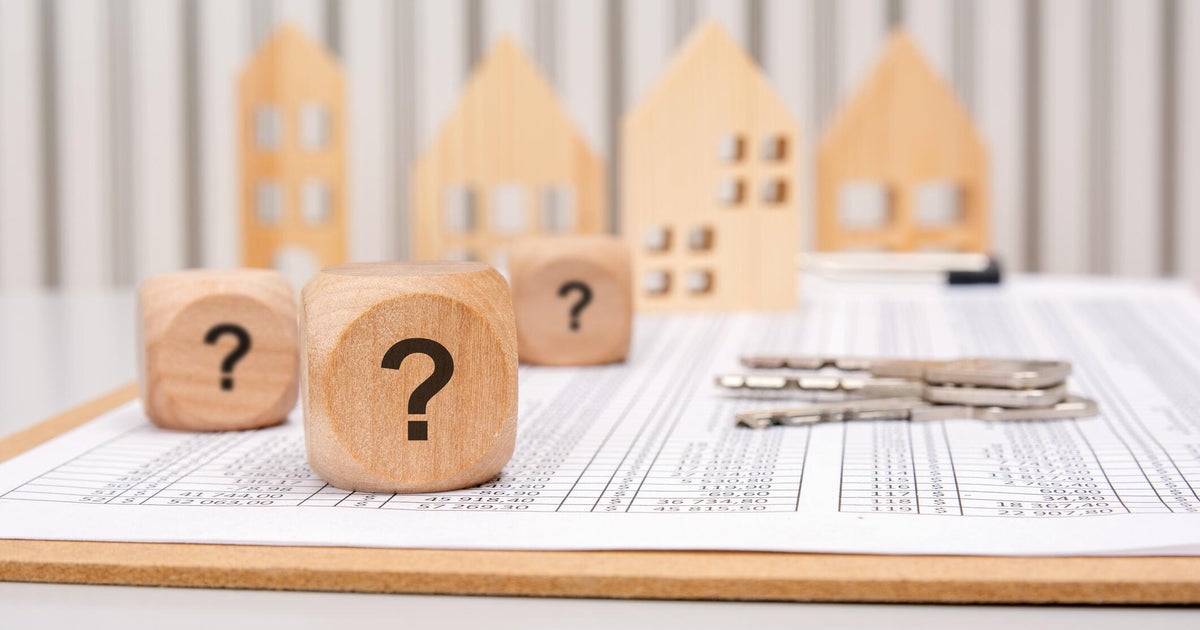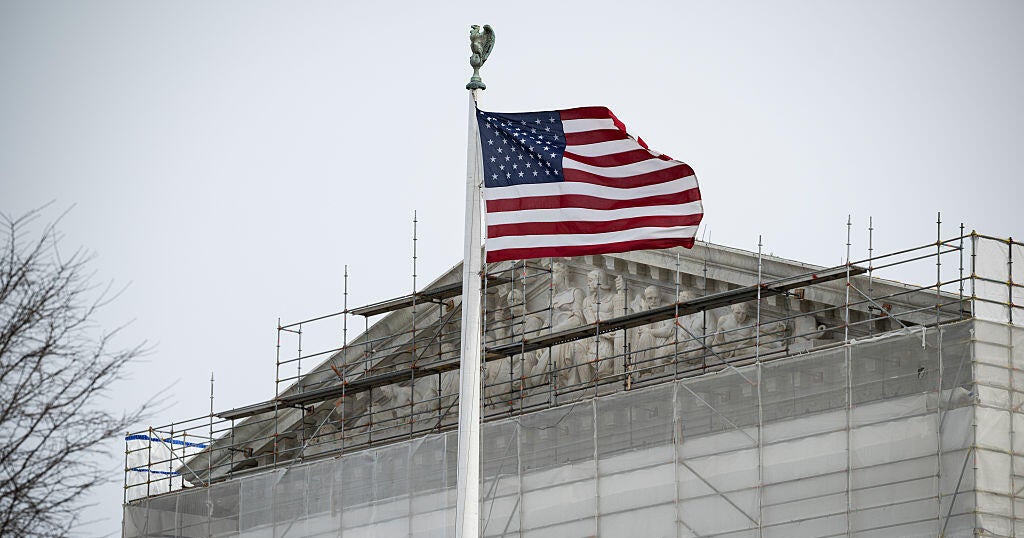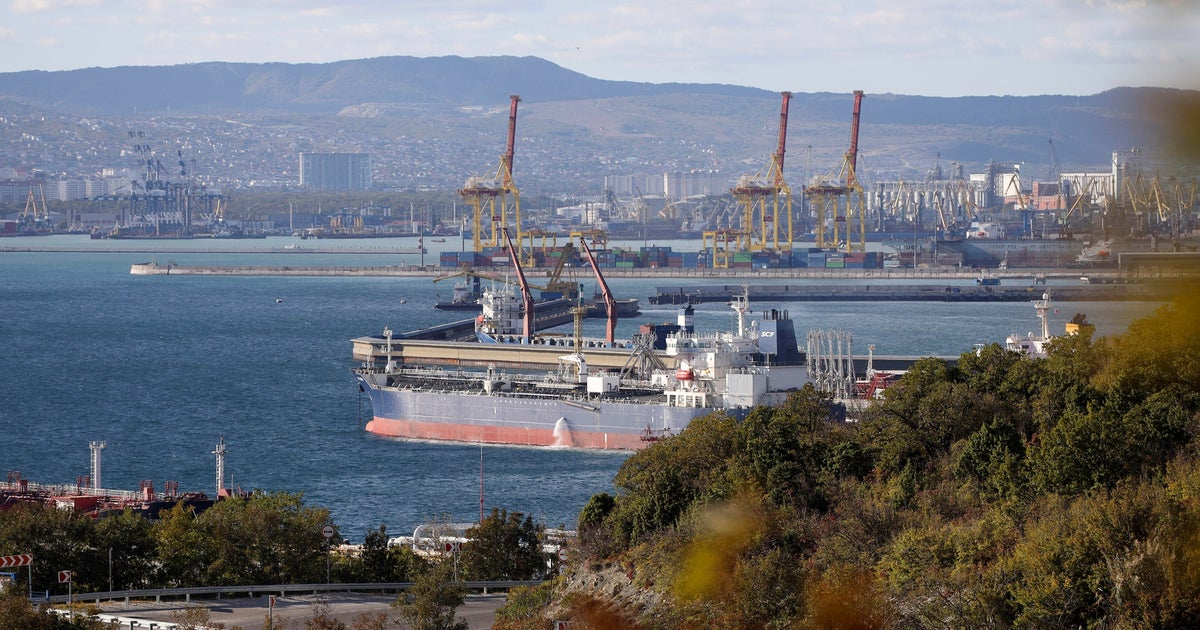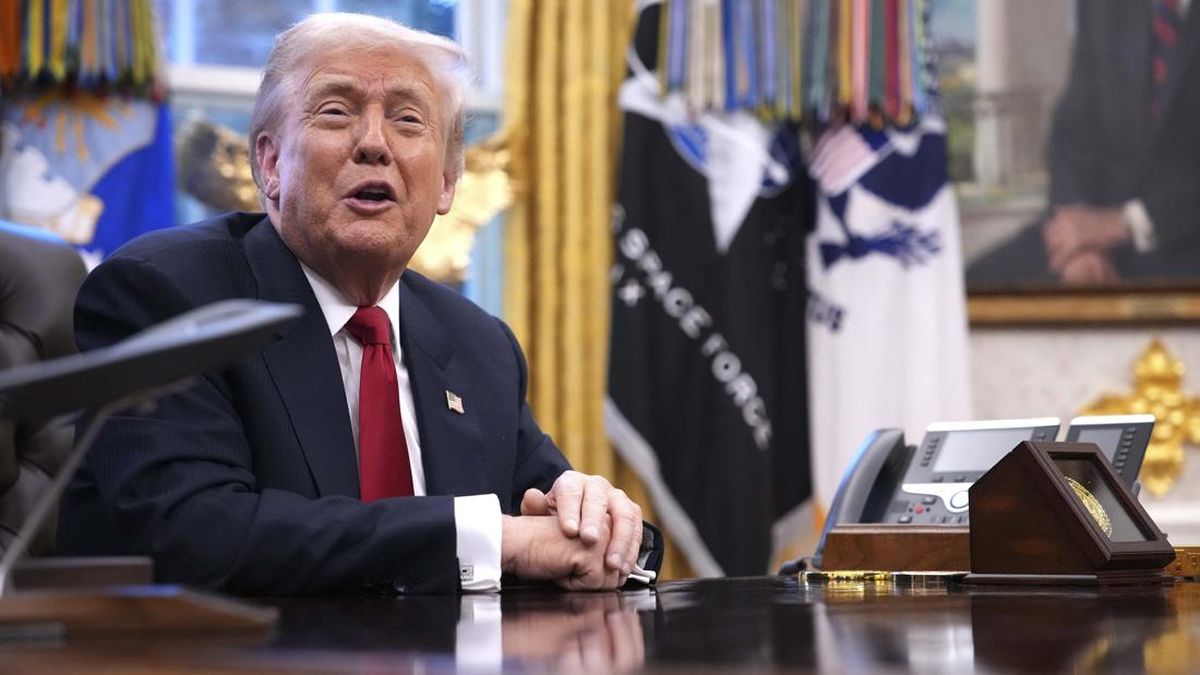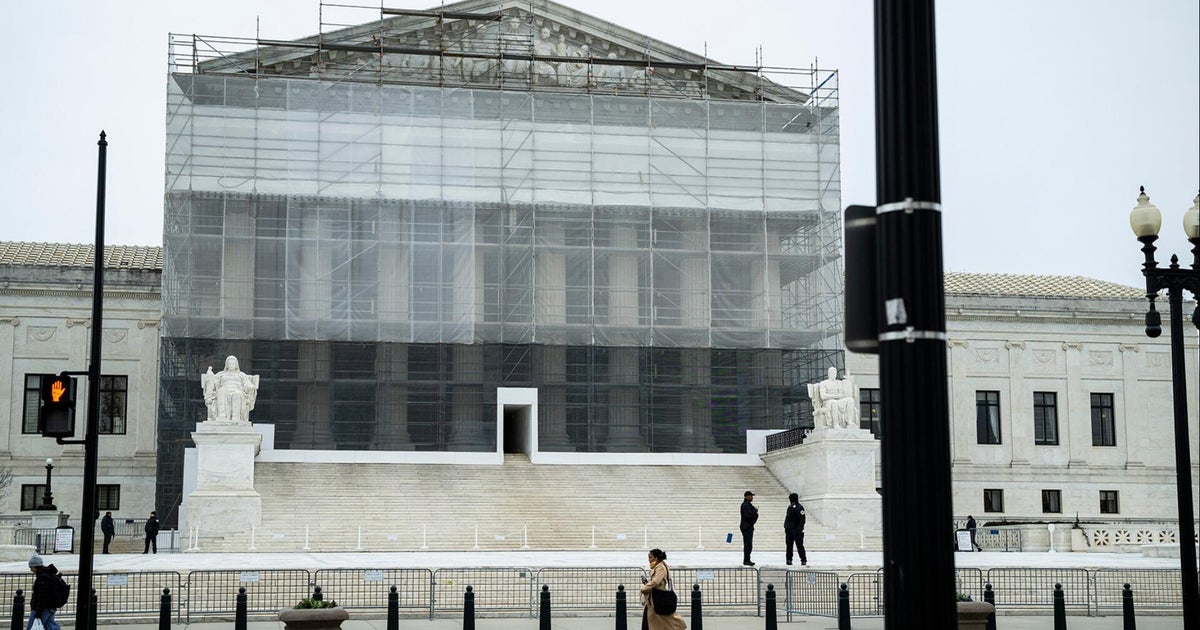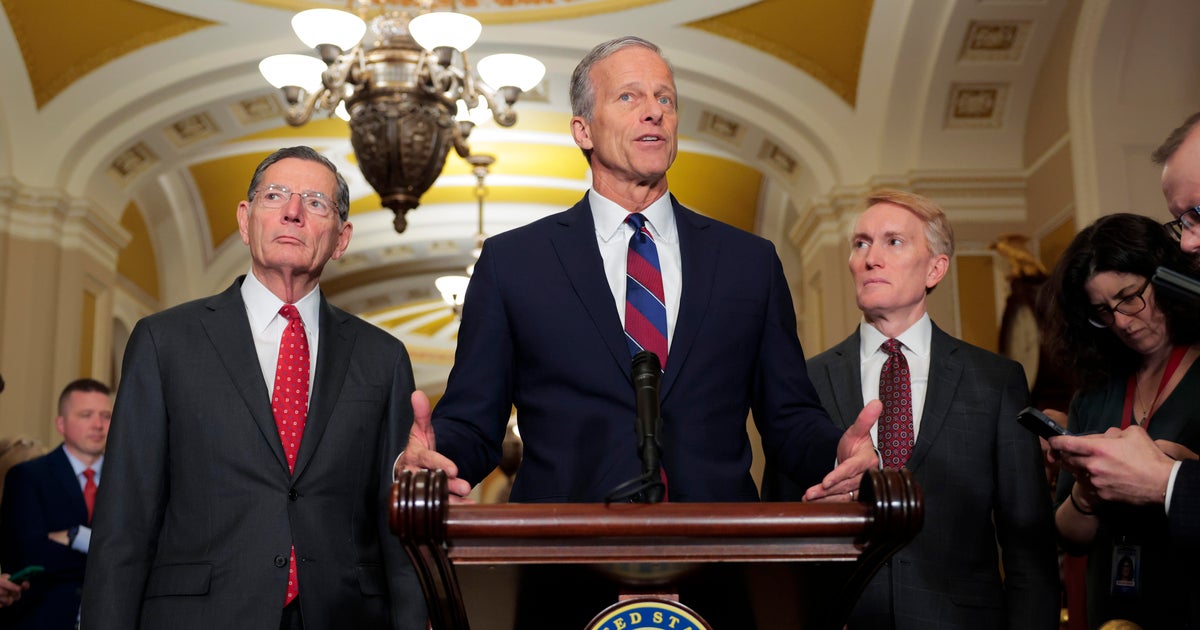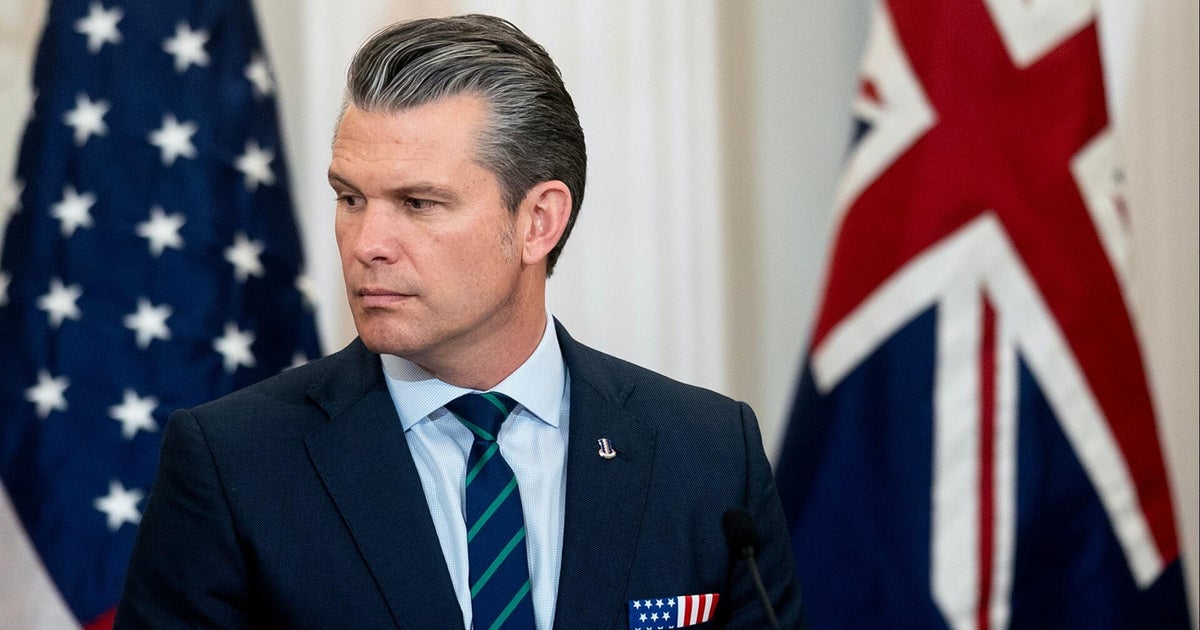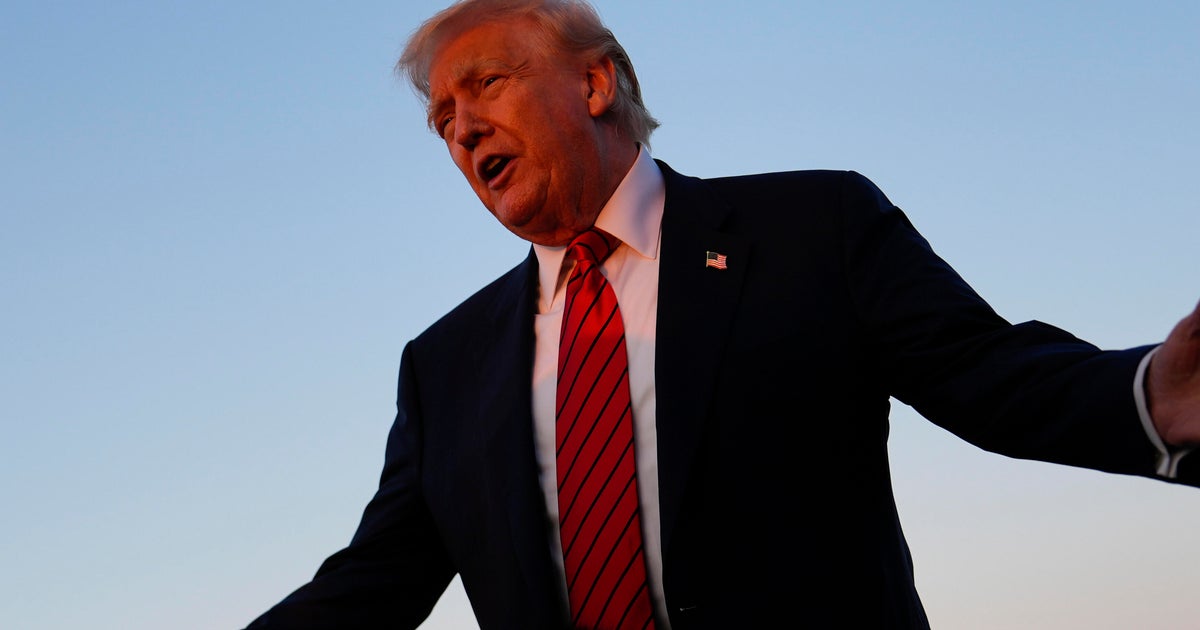Australians’ biggest fears about buying EVs – and the one new tax they actually want
Just one in 10 Australians are considering buying an electric vehicle in the next two years, in a significant blow to the Albanese government’s plan to slash emissions and ensure that half of all new cars sold over the next decade are electric.
In a Resolve Political Monitor poll of voters conducted for this masthead last week, just one in five were looking to buy a hybrid car, while 35 per cent of people were considering buying a petrol or diesel car. Respondents were able to give more than one answer.
The findings underscore the difficult task facing the federal government to cut emissions by 62 to 70 per cent by 2035, and eventually net zero emissions by 2050.
Even people on higher incomes – many of whom could avail themselves of the fringe benefit waiver for leasing a car through their workplaces and receiving a tax discount – were only slightly more likely (15 per cent) to be interested in buying an EV compared to low and middle income earners (9 and 10 per cent respectively).
The high price of EVs – models start at $32,000 and climb above $60,000 – was cited as a barrier to buying one by almost half of the respondents who had expressed reservations, while 40 per cent cited a lack of charging infrastructure, 37 per cent the time it takes to charge, and 36 per cent the limited range.
Other reasons cited as barriers to purchasing an EV include not being able to charge at home (30 per cent), being unsure about the technology (30 per cent), relatively low resale value (28 per cent) and even the reputation of EV makers such as Tesla and BYD.
But the government’s proposal to introduce a road-user charge is gaining traction, with 56 per cent of respondents saying they supported the introduction of a tax of a few hundred dollars annually for EV drivers.
About 13 per cent of people opposed the idea of introducing a road user charge for EVs, and 31 per cent were undecided. EV drivers do not pay the federal fuel excise of 51.6 cents per litre that drivers of fuel vehicles do. The money raised by the fuel excise helps pay for the upkeep of roads across the country.
Just over half of people surveyed, 52 per cent, supported the idea of using the money raised by an EV road user charge to roll out more charging infrastructure across the country, with 15 per cent opposed and 33 per cent unsure.
The survey of 1800 people took place from October 7 to 12 and has a margin of error of 2.3 per cent.
The federal government’s advisory agency, the Climate Change Authority, stated last month that one in every two vehicles sold in Australia over the next 10 years – about 9 million cars – will need to be an EV for Australia to reach its 2035 emissions reduction target.
The transport sector accounts for about 22 per cent of Australia’s overall emissions and, according to the Electric Vehicle Council, EVs made up only 12.1 per cent of new car sales in 2025, up from 9.6 per cent in 2024. Overall, just 2 per cent of cars on Australian roads are EVs.
EV Council chief executive Julie Delvecchio, who represents EV carmakers, on Tuesday called for a 2035 ban on sales of petrol and diesel cars in Australia.
Loading
Norway has already implemented a ban on sales of new petrol cars this year and on diesel car sales from 2035, Singapore has set a 2030 phase out date, while China, the UK and the European Union have set a 2035 target for internal combustion engine sales to end.
Climate Change and Energy Minister Chris Bowen has already ruled out EV targets or petrol and diesel sales bans.
The Resolve survey also found that 44 per cent of voters supported Australia remaining committed to producing net zero emissions by 2030, 35 per cent were unsure and 22 per cent of voters opposed the target.
While there was strong support for net zero among Labor, Greens and independent voters, only 38 per cent of Coalition voters backed the 2050 target, with 31 per cent unsure and 31 per cent opposed.
A strong majority of voters have backed car manufacturing returning to Australia in some form, an idea recently floated by Liberal backbencher Andrew Hastie in a social media video, with 50 per cent supporting even if it comes at the cost of billions of dollars in government incentives and subsidies.
Another 35 per cent of people were unsure, while only 15 per cent opposed the industry’s return.
Loading
The idea attracted the greatest support from Coalition voters (56 per cent), 51 per cent of One Nation voters, 48 per cent of Labor voters and 42 per cent of independent and Greens voters, respectively.
Across all parties and independents, opposition to the proposal was highest among Labor and Coalition voters, but only 16 per cent of those voters opposed the return of a subsidised car industry.
Cut through the noise of federal politics with news, views and expert analysis. Subscribers can sign up to our weekly Inside Politics newsletter.
Most Viewed in Politics
Loading

